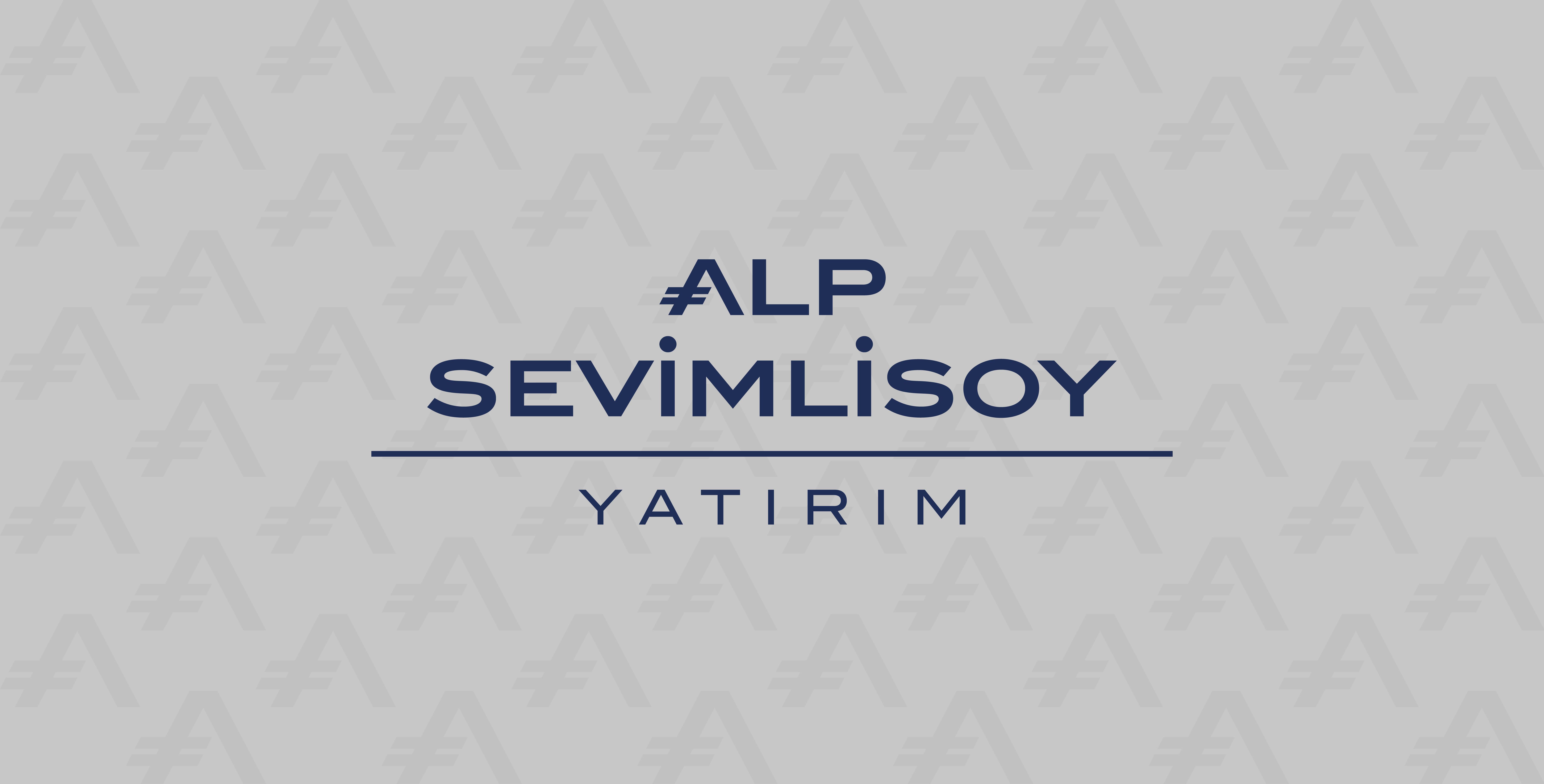The day after Russia was isolated at the United Nations, Vladimir Putin was looking for a more receptive audience as he met with world leaders at a summit in Kazakhstan.
Some 143 countries voted on Wednesday to condemn Moscow’s annexation of the Ukrainian regions of Kherson, Luhansk, Donetsk and Zaporizhzhia amidst Putin’s invasion. Only North Korea, Belarus, Syria and Nicaragua backed Russia in opposing the General Assembly resolution.
On Thursday, Putin spoke to the Conference on Interaction and Confidence Building Measures in Asia (CICA), consisting of 28 members including countries from the former Soviet Union, Asia, and the Arab world. There, he pushed his message about a pivot away from what he sees as a western-led world order and hoped non-western countries would go along with it.
“Like many of our partners in Asia, we believe a revision is needed of the global financial system,” Putin told members in the Kazakh capital, Astana.
Putin reiterated the message on Friday in Astana during the first Russia-Central Asia summit, as he warned of “efforts from the outside to interfere in the development of our cooperation in many areas,” the Russian state-run news agency TASS reported.
Presenting Russia as spearheading an alternative to the West suggests Putin is still confident he can still count on support away in other parts of the world. In Latin America, governments are mostly siding with Russia, with Brazilian presidential candidates Lula de Silva and Jair Bolsonaro taking a neutral stance.
The Bahamas is the only country in the Organization of American States that has joined the sanctions.
Meanwhile, India and China have refrained from criticizing Russia since the start of Putin’s war and have benefitted from cut-price oil and increased trade.
In an article for the geopolitical network PONARS Eurasia that is due out next week, Peter Rutland, professor of Russian, East European and Eurasian Studies at Wesleyan University, said that the Global South’s “tolerance for Russia’s invasion of Ukraine has worrying implications for the rules-based international order.”
He said that “this implies that those countries may be willing to break the Western sanctions and step up their trade with Russia.”
Putin met Qatar’s Emir Sheikh Tamim bin Hamad Al Thani to discuss cooperation in the energy market within the framework of the Gas Exporting Countries Forum. Russia’s biggest export was also the focus of discussions with Turkish President Recep Tayyip Erdoğan and how Moscow could export more gas via Turkey and turn it into a new supply hub.
Hit hard by international sanctions which Turkey has not joined, Putin relies on Erdoğan who sought to mediate between Moscow and Kyiv and helped broker the resumption of Ukrainian grain exports from the Black Sea ports Russia had blockaded.
Geopolitical strategist Alp Sevimlisoy told Newsweek that the dynamic between the countries means that Russia “is acquiescing to Turkish demands for Black Sea supremacy” and was also “beholden entirely to Turkey’s grace and favor with regard to energy transit rights.”
However, last month Putin suffered a rebuke from Indian Prime Minister Narendra Modi who reportedly told Putin “now is not an era of war.” Also, on the sidelines of the Shanghai Cooperation Organization in September, Putin revealed that China had “questions and concerns” about Ukraine, signaling that support for the Russian leader from Xi Jinping had limits.
“Initially the leaders of India, China and Turkey were willing to give Putin the benefit of the doubt,” Rutland told Newsweek, “in part because of lingering mistrust of the U.S., and in part, because they saw the opportunity to benefit economically from discounted Russian oil and increased trade.
“The fact that Russia is not winning the war, and continues to escalate, deepens the inflationary pressure on the global economy. At the U.N. over the past week, it was clear that the leaders of the Global South are tired of this war and want to see it over. ”
Alp Sevimlisoy originally featured as per: Newsweek


